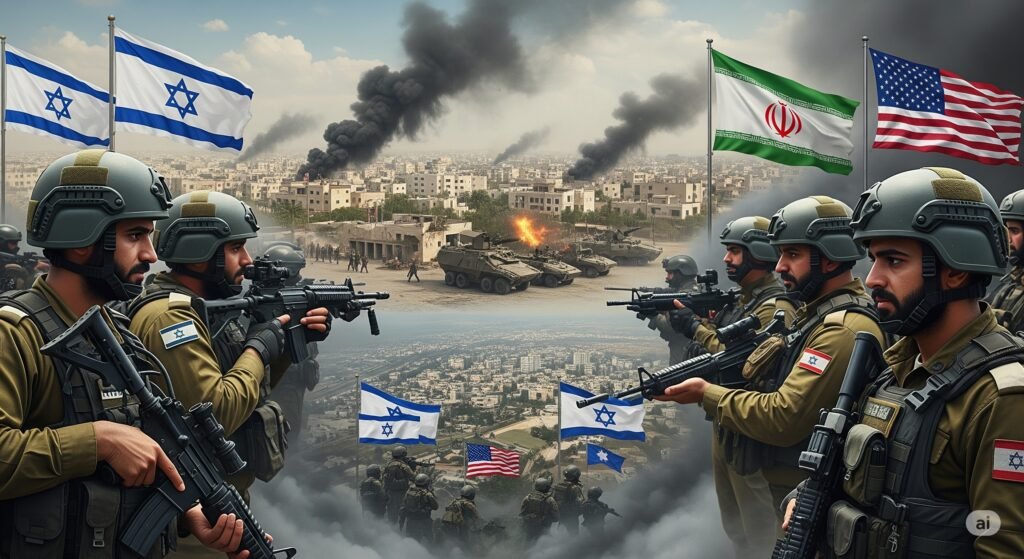Peace in the Middle East has long been a complex and elusive goal, and the relationship between Israel and Iran remains a significant point of contention. President Donald Trump recently offered his perspective on the matter, suggesting that the two nations might need to engage in conflict before any lasting peace can be achieved. This statement has naturally stirred debate and raises important questions about the future of the region.
Trump’s Prediction: Conflict Before Calm?
Trump’s comments implied a certain inevitability to potential clashes between Israel and Iran. He suggested that a period of active confrontation might be a necessary precursor to any future diplomatic resolutions. This perspective, while perhaps stark, acknowledges the deep-seated animosity and differing strategic interests that have long characterized the relationship between the two countries.
A History of Tension
The history between Israel and Iran is complex and marked by periods of both cooperation and significant tension. In recent decades, their relationship has deteriorated considerably, fueled by political ideologies, regional power struggles, and concerns over Iran’s nuclear program. This has led to proxy conflicts and heightened rhetoric, creating a volatile environment in the Middle East.
The Potential for Escalation
The prospect of direct conflict between Israel and Iran is a serious concern for the international community. Such a confrontation could have devastating consequences for the region and beyond, potentially drawing in other global powers and destabilizing the already fragile geopolitical landscape. The potential for miscalculation and unintended escalation is ever-present in such a tense situation.
Paths Towards Peace: A Difficult Journey
While Trump’s statement focused on the possibility of conflict, the ultimate goal remains a peaceful resolution. However, the path to achieving this is fraught with challenges. Some potential steps towards de-escalation and dialogue could include:
- Renewed Diplomatic Efforts: Engaging in direct or indirect talks, facilitated by international mediators, could help address core issues and build trust.
- Addressing the Nuclear Issue: Finding a comprehensive and verifiable solution to concerns surrounding Iran’s nuclear program is crucial.
- Regional Security Cooperation: Encouraging dialogue and cooperation among regional actors on shared security concerns could foster a more stable environment.
- Focusing on Shared Interests: Identifying areas of mutual interest, such as combating terrorism or promoting economic stability, could provide a foundation for future cooperation.
Ultimately, the future of the relationship between Israel and Iran remains uncertain. Whether or not a period of intensified conflict precedes a potential peace remains to be seen. However, the international community must continue to prioritize diplomatic efforts and work towards creating an environment where peaceful coexistence is possible. The stakes are simply too high to abandon the pursuit of a stable and secure future for the region.











